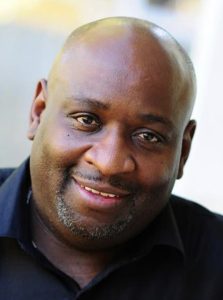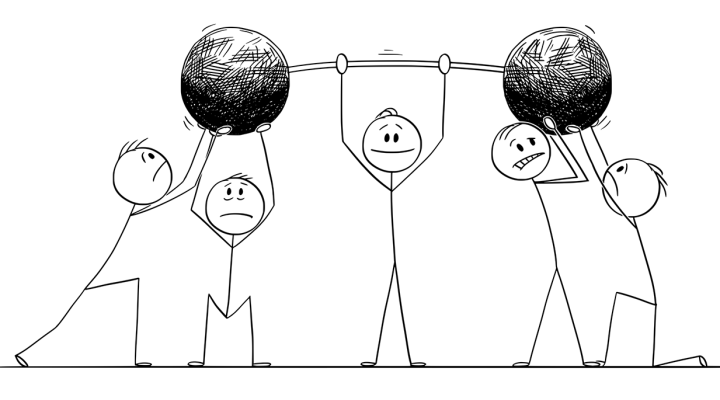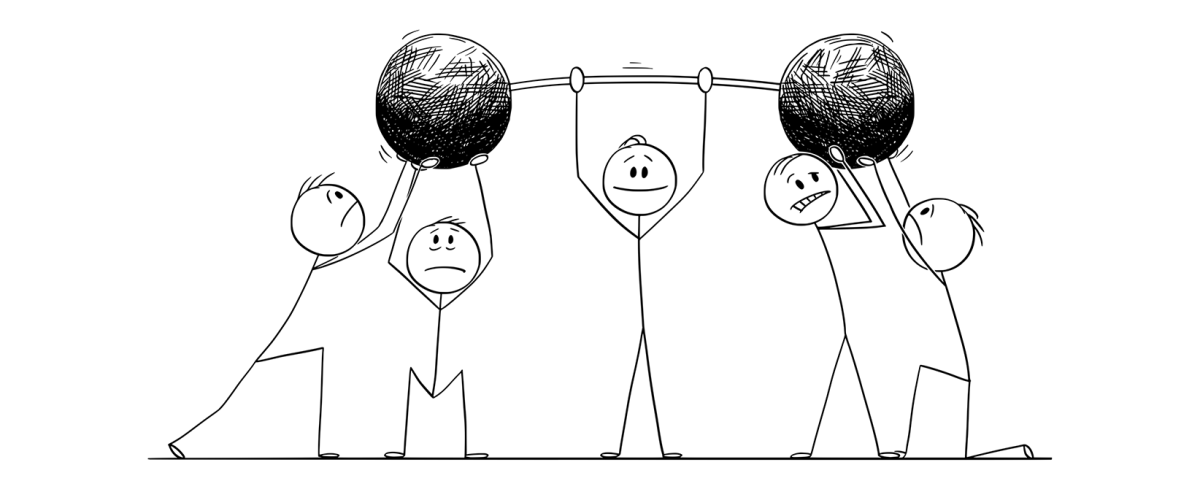Leroy Barber, co-founder and president of the Voices Project and former director of Innovation for the Greater Northwest area of the United Methodist Church, has joined Neighborhood Economics as its new executive director. Neighborhood Economics is an organization dedicated “to getting money into the hands of people who don’t normally get it.”
In this new work, Barber sees a clear connection to his Baptist upbringing.
“I grew up going to a Baptist church,” he said. “I am a firm believer in the autonomy of the local church to love and serve the place where they are. I also believe in the priesthood of every believer.”

Leroy Barber
Barber’s beliefs are central to the work of Neighborhood Economics, which brings together three streams not usually connected: Local people investing in their city; people of faith working across barriers of race, class and ZIP Code; and early stage catalytic capital focused on economic justice, filling gaps usually left vacant.
Tim Soerens, one of the founders of Neighborhood Economics, explains: “We started Neighborhood Economics and its sibling brand, Faith+Finance, as ways to do hyperlocal work and to connect people’s desire to do the right thing with their money and connect it to their faith and their moral compass.”
Barber sees this hyperlocal idea as the key to this work: “I think local connection in a place and everyone being a good neighbor is what this work is about. It is about investing in your neighbors, in your neighborhood.”
Kevin Jones, another founder of Neighborhood Economics, echoes the significance of this Baptist principle in Barber’s work: “Leroy has worked in so many neighborhoods that need impact investors to take a chance on leaders and entrepreneurs so that these neighborhoods can flourish, especially Black and brown-owned businesses and entrepreneurs. He knows the field and is ready to bring his connections to Neighborhood Economics so that together we can get catalytic capital into the right hands and can help bring about economic justice more quickly.”
Jones is co-author of Neighborhood Economics’ Field Guide to Transformation, a tool originally produced for other settings but recently retooled for congregations interested in rethinking their roles in their local communities. The guide is a short playbook that can take a congregation through finding a project, involving all constituents in the community, and securing funding for work that can bring about economic justice and help bridge the racial wealth gap in neighborhoods.
Neighborhood Economics also convenes groups in communities to bring together local entrepreneurs and innovators with impact investors and help local businesses, especially Black and brown-owned businesses, thrive.
“We are beginning conversations about the possibility of an event in Jackson, Miss., especially in light of the infrastructure issues made obvious with the water crisis,” said Rosa Lee Harden, also a founder and executive producer of Neighborhood Economics. “We are also in talks with community members in San Antonio, Raleigh and Cincinnati. Our event in Indianapolis in May was a great opportunity to see if these convenings are important in this space, and the overwhelming message was that people are hungry for these conversations; people want to see changes.
“In the aftermath of George Floyd’s death and during the pandemic, people have seen the economic disparities in our world more clearly. And people want to make a difference,” she said.
For his part, Barber is most excited about getting to “shine the light” on innovative work already being done in communities.
“We get to highlight the incredible entrepreneurs who are at work in San Antonio, El Paso, D.C., New York, all across the country,” he said. “We get to show investors how to support their neighborhoods and make a difference.”


